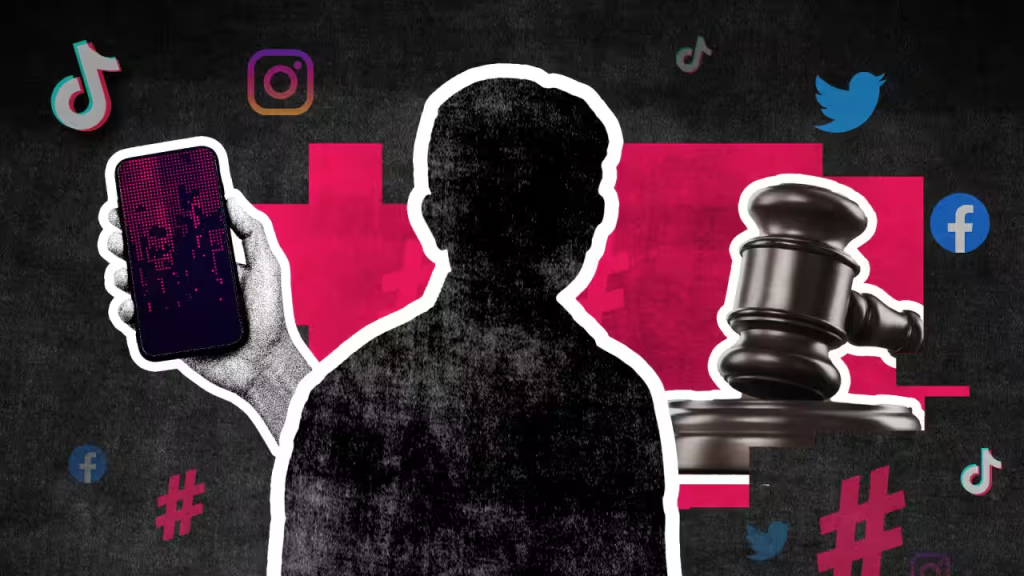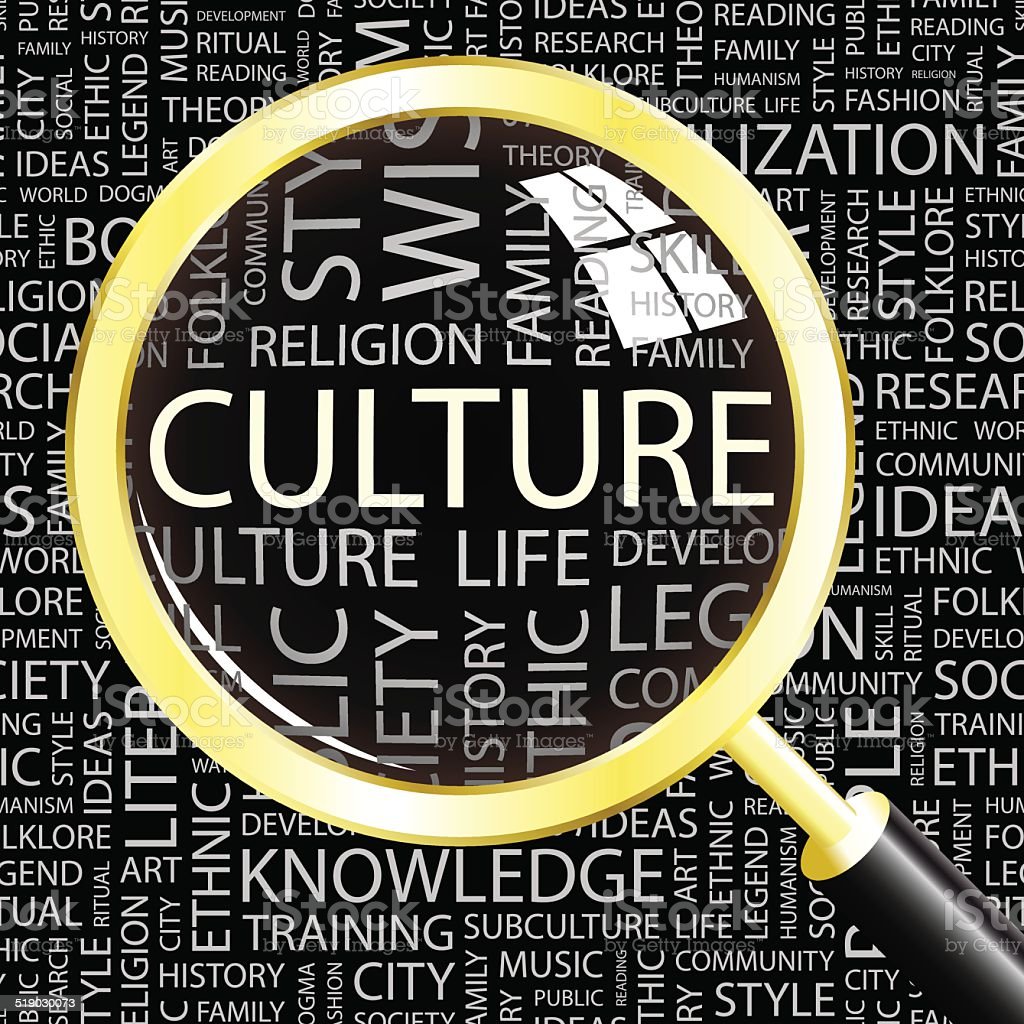Cancel culture has become a defining feature of social media, shaping public discourse and influencing the reputations of brands and individuals. While the practice initially emerged as a tool for accountability, it has evolved into a powerful mechanism that can amplify social justice efforts or lead to disproportionate backlash. In 2024, cancel culture continues to have significant implications for the digital landscape, sparking debates about its ethical, social, and professional consequences.

This article examines the dual-edged nature of cancel culture, exploring how it affects brands, individuals, and the broader online community.
What is Cancel Culture?
Cancel culture refers to the practice of collectively boycotting or ostracizing individuals, brands, or organizations for behaviors, opinions, or actions deemed offensive or inappropriate. Social media platforms amplify this phenomenon, allowing public outrage to spread rapidly and demand accountability. While some see it as a form of social activism, others view it as a manifestation of mob mentality that lacks due process.
Impact on Brands
Loss of Trust and Revenue
For businesses, cancel culture can lead to immediate financial repercussions. A single misstep, such as an insensitive advertisement or controversial public statement, can result in widespread calls for boycotts. This often leads to significant drops in revenue and long-term reputational damage.
For example, brands that fail to align with shifting societal values may find themselves under scrutiny, with their customer base turning to competitors perceived as more socially responsible.
Pressure to Adapt
Cancel culture forces brands to reassess their communication strategies, ensuring their messaging resonates with their audience’s values. Companies are adopting proactive measures, such as hiring diversity consultants and implementing ethical guidelines, to mitigate the risk of backlash.
Opportunity for Redemption
Interestingly, brands that respond effectively to being “canceled” can recover. Transparency, genuine apologies, and visible efforts to rectify mistakes often win back public trust. Consumers are more likely to forgive companies that demonstrate accountability and a commitment to change.

Impact on Individuals
Professional Consequences
Individuals, particularly public figures, are often the most vulnerable to cancel culture. A controversial tweet or an old statement resurfacing can lead to job losses, exclusion from professional opportunities, or a decline in social media following.
The digital permanence of social media posts exacerbates this risk, as content from years ago can be used to discredit someone’s current character or beliefs.
Mental Health Challenges
Being the target of cancel culture often comes with severe mental health repercussions. Public shaming, online harassment, and loss of privacy can result in anxiety, depression, and other emotional strains. Many individuals struggle to rebuild their lives after being canceled, especially when the backlash feels disproportionate to the perceived offense.
Accountability vs. Excessive Punishment
While cancel culture can promote accountability, it often blurs the line between justice and excessive punishment. Critics argue that the lack of due process and the mob-like behavior can escalate minor transgressions into career-ending controversies, undermining the principle of rehabilitation and growth.
Broader Social Implications
Amplification of Social Movements
Cancel culture has been instrumental in amplifying social movements, such as #MeToo and Black Lives Matter. By holding powerful figures accountable, it has empowered marginalized voices and created opportunities for societal change.
Polarization and Echo Chambers
Conversely, cancel culture can deepen societal divides. People retreat into echo chambers, where they reinforce their beliefs while dismissing opposing views. This polarization stifles constructive dialogue and undermines efforts to foster mutual understanding.
Challenges for Social Media Platforms
Platforms like Twitter, Instagram, and TikTok are grappling with their role in enabling cancel culture. While they provide tools for accountability, they also host toxic behavior, such as harassment and misinformation. Striking a balance between free expression and moderation remains a pressing challenge.
Strategies for Navigating Cancel Culture
- For Brands:
- Prioritize ethical practices and inclusive messaging.
- Be transparent and accountable when mistakes occur.
- Monitor public sentiment and respond proactively.
- For Individuals:
- Review past social media content to avoid future backlash.
- Apologize sincerely and demonstrate genuine growth when addressing controversies.
- Seek professional and personal support to handle the emotional toll of being canceled.
- For Society:
- Advocate for constructive criticism over public shaming.
- Foster nuanced discussions that allow for different perspectives.
- Educate users on digital etiquette and the consequences of cancel culture.

Final Thoughts
Cancel culture is a powerful yet polarizing force in the digital age. While it can promote accountability and drive social progress, it also risks inflicting disproportionate harm and fostering division. As brands, individuals, and society at large navigate this complex phenomenon, the focus should be on fostering dialogue, encouraging growth, and striking a balance between justice and empathy.
By approaching cancel culture with nuance and responsibility, we can leverage its potential to create positive change while minimizing its pitfalls.



